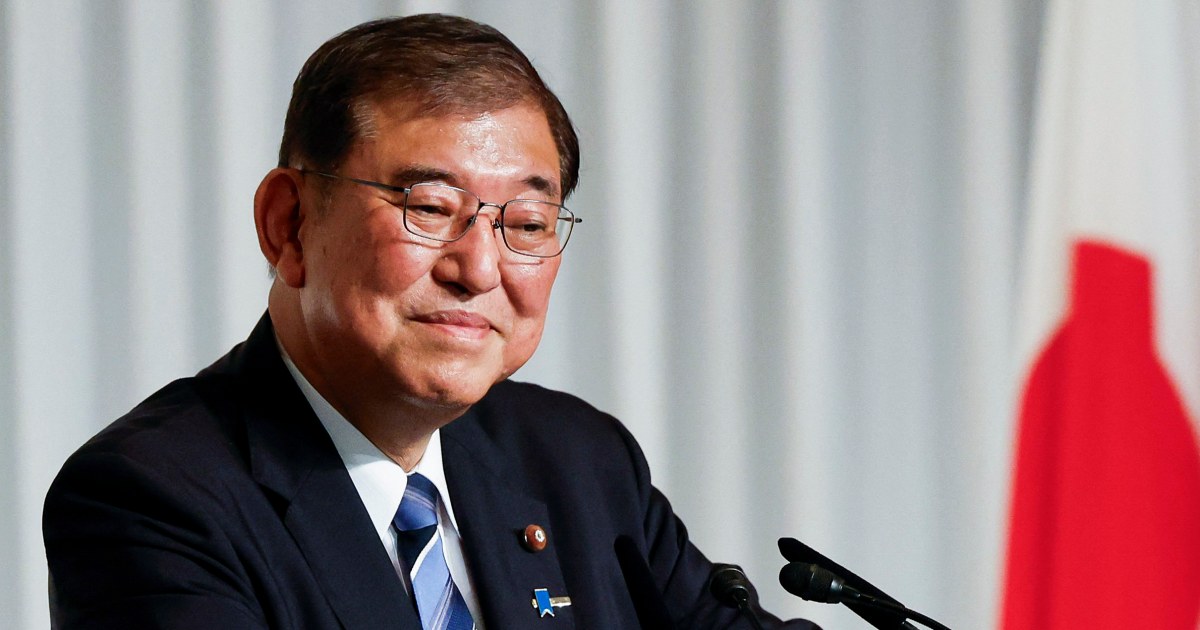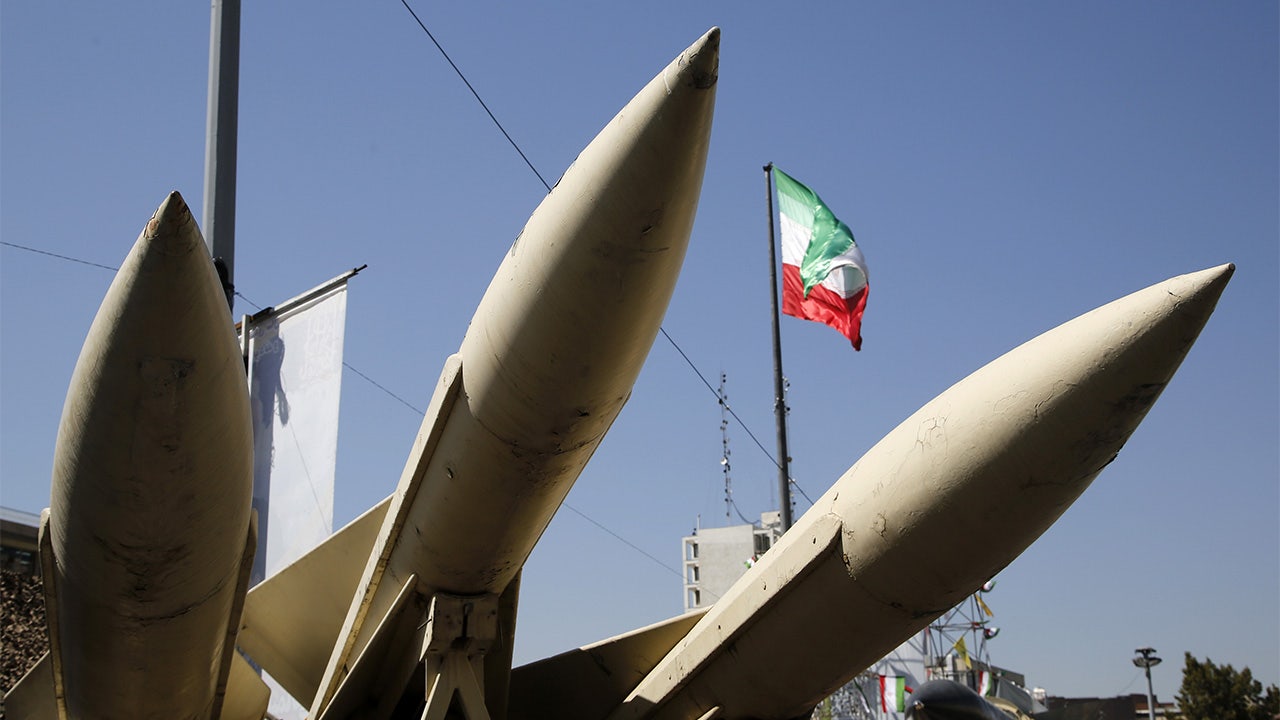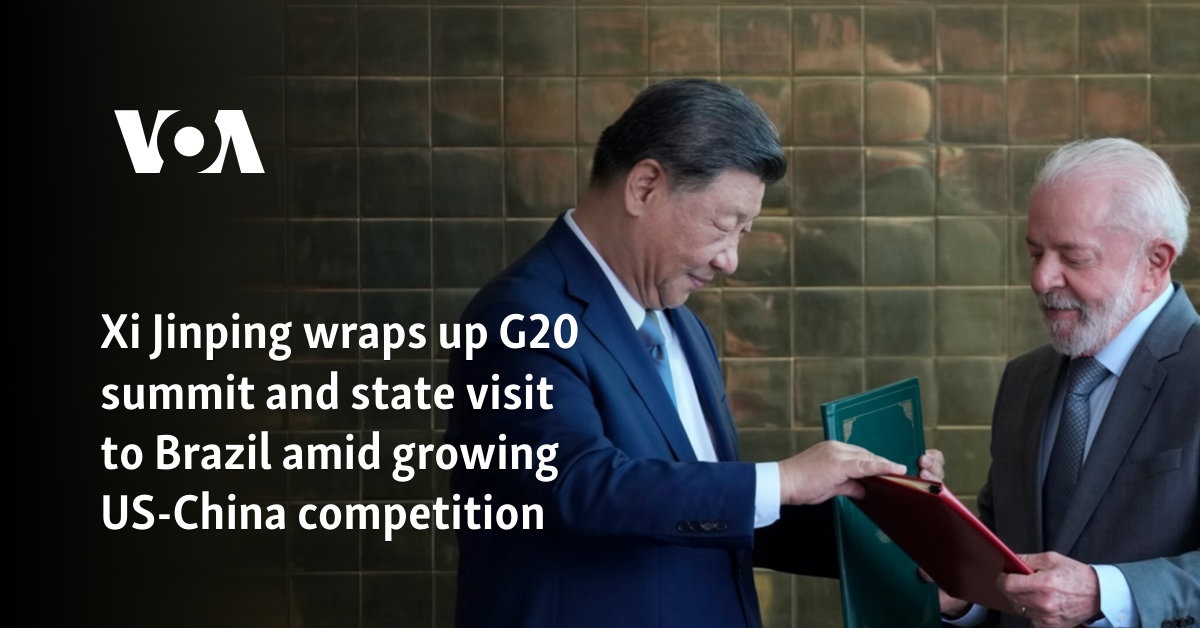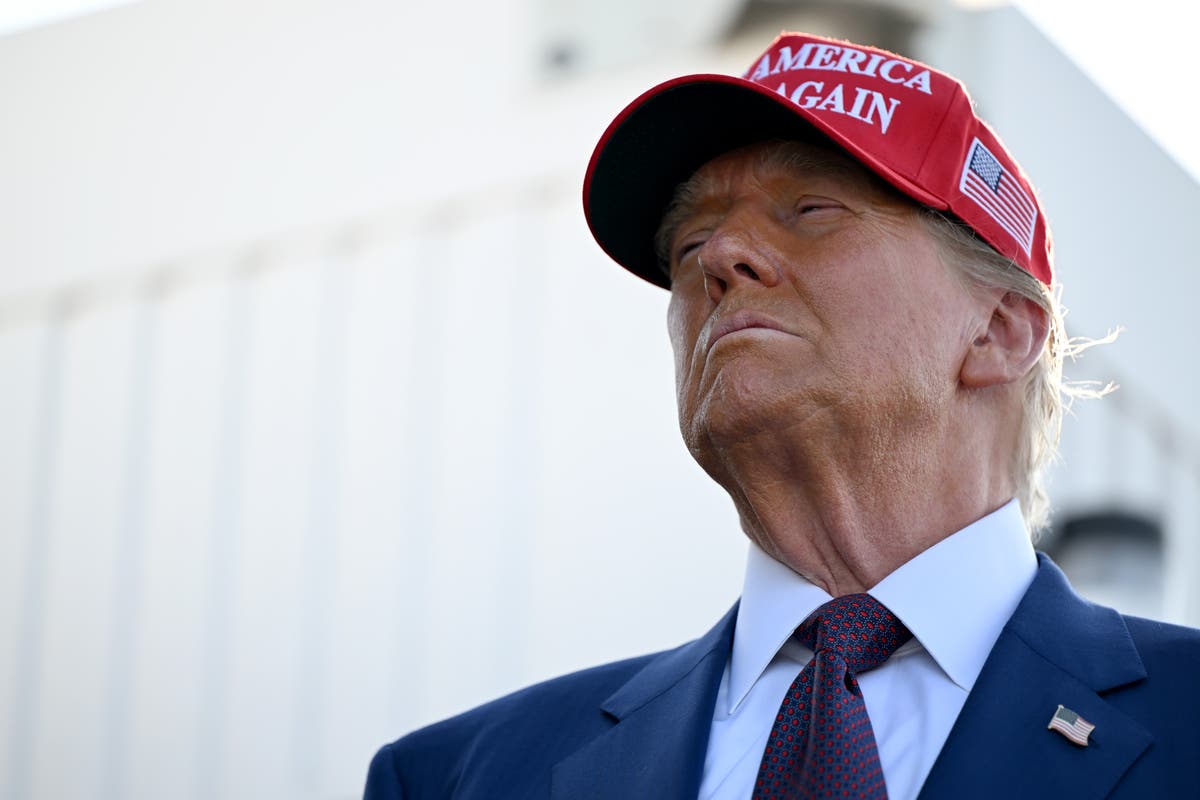World
Former defense minister set to lead Japan amid efforts to counter China’s growing power

TOKYO — Shigeru Ishiba is set to become Japan’s next prime minister after the governing Liberal Democratic Party elected him as its new leader on Friday, as the U.S. ally takes on a growing role in countering China’s influence in the region.
Ishiba, a straight-talking former defense minister, will take office on Tuesday when Prime Minister Fumio Kishida and his cabinet ministers resign and Ishiba is elected his successor by members of the LDP-controlled parliament.
Ishiba, 67, will face public anger over rising prices, as well as difficult demographic and labor issues in a country with a shrinking and fast-aging population of about 125 million and the world’s fourth-largest economy.
He is also contending with a complicated security environment in the Asia-Pacific region, where the U.S. has been strengthening ties with Japan and other allies in an effort to counter China’s growing power. Japan has another volatile neighbor in North Korea, which has been accelerating missile launches and may be on the verge of its seventh nuclear test.
The LDP, which has ruled Japan almost uninterrupted since the end of World War II, is seeking to regain public trust with a fresh face ahead of a general election that must be held by October of next year.
The leadership transition was set in motion last month when Kishida said he would step down after a series of corruption scandals that sent his party’s approval ratings to record lows.
Kishida “resigned from his post with great determination and made this decision so that the Liberal Democratic Party could be reborn, and regain the trust of the people once again,” Ishiba said Friday after winning the leadership race. “We must all respond to his decision as one.”
A record nine lawmakers, including two women, ran for party leader after most of the LDP’s powerful factions dissolved over the corruption scandals, making it easier to enter the field.
After no candidate received a majority in the first round of voting, Ishiba won in a runoff against economic security minister Sanae Takaichi, 63, who would have been Japan’s first female prime minister.
This was Ishiba’s fifth time running for party leader. He defeated Takaichi in a vote of 215 to 194.
Part of the reason the outspoken Ishiba failed in the past is because he did not hesitate to tell other members of his party that “their ideas are unsound,” said Michael Cucek, an expert in Japanese politics at Temple University in Tokyo.
But Ishiba has “curbed his tongue” in recent years, Cucek said, and “enough of them voted this time for him to become party president.”
As prime minister, Ishiba can be expected to be “a moderate leader who is going to be working closely with the United States but also very in tune with the problems of this nation,” Cucek said.
Ishiba is from the small, rural Japanese prefecture of Tottori, which has been losing population for a long time.
“He’s very aware, unlike other members of his party, that Japan’s problems are chronic, and it’s a story not of trying to reverse the downward trends, but to lessen their impact,” Cucek said.
In addition to being a realist, Ishiba is also an idealist who has never been tainted by scandal, Cucek said.
And like Kishida, Ishiba favors “a more robust Japanese defense posture,” Cucek said.
Ishiba is very interested in working with U.S. allies, Cucek said, including South Korea, with which Japan has historically had a tense relationship, as well as the Philippines and Australia.
During the leadership campaign, Ishiba even called for Japan to lead the creation of an Asian version of the NATO military alliance, an idea that China finds extremely threatening and the U.S. has resisted. Ishiba is also a supporter of Taiwan, the self-governing democracy that Beijing claims as its territory.
But Beijing is most likely “breathing a sigh of relief” that Ishiba will be Japan’s next leader, Cucek said, as he was the only one of the three leading candidates with no history of visiting the Yasukuni Shrine, a symbol of Japan’s wartime aggression that is a sensitive issue in China-Japan relations.
That doesn’t mean Ishiba will be weak in the face of Chinese provocations.
“He’s a defense wonk, and has always been one,” he said. “He has always advocated for a robust Japanese military, and that’s what is going to be happening in East Asia.”
The Chinese Foreign Ministry declined to comment on Ishiba’s election Friday, saying it was an internal affair.
“The long-term healthy and stable development of Sino-Japanese relations is in the fundamental interests of the people of both countries,” spokesperson Lin Jian said at a regular news briefing in Beijing.
Lin did, however, express opposition to foreign political leaders visiting Taiwan, as Ishiba did last month.
Arata Yamamoto reported from Tokyo, and Jennifer Jett reported from Phuket, Thailand.









